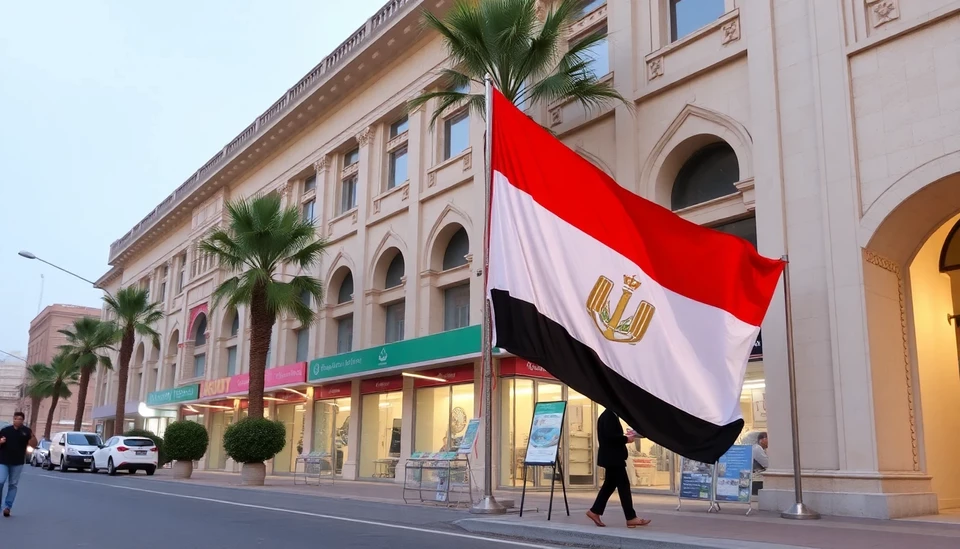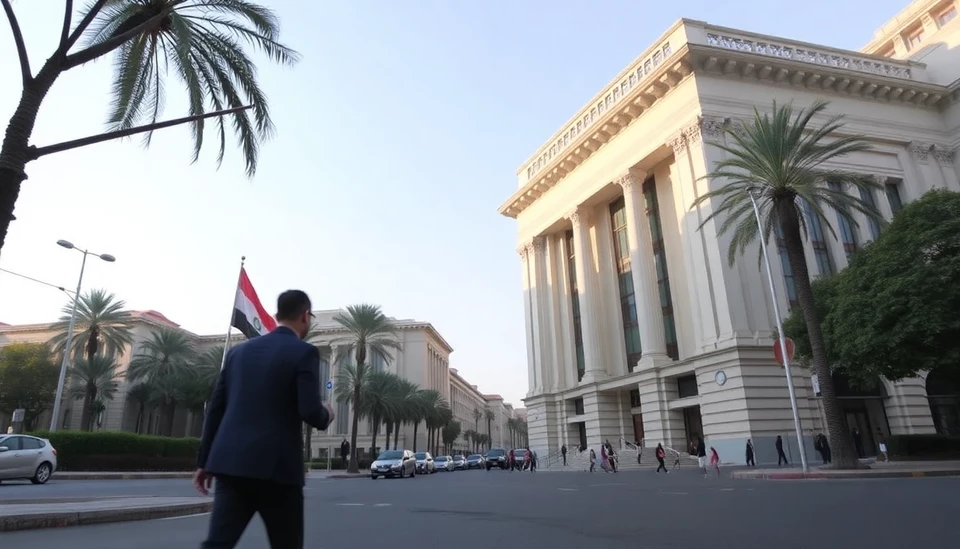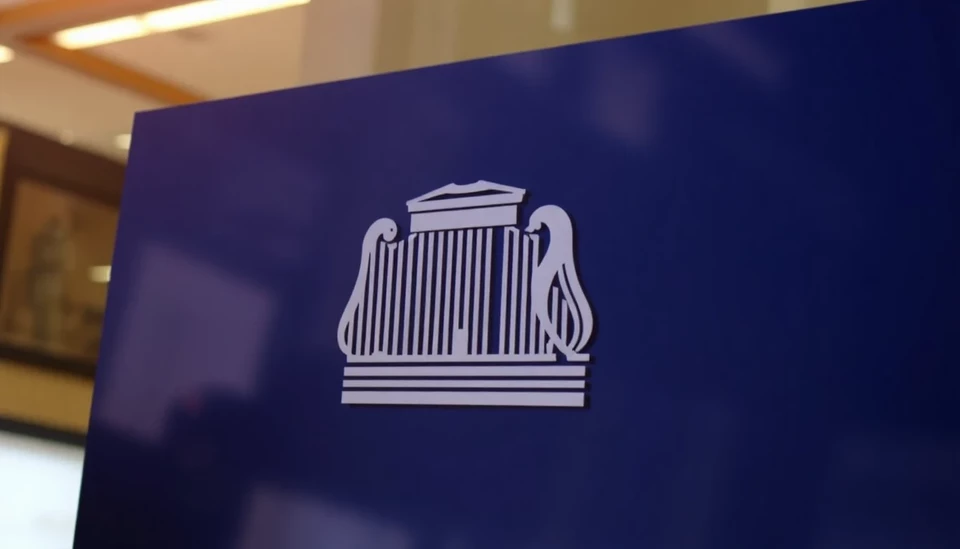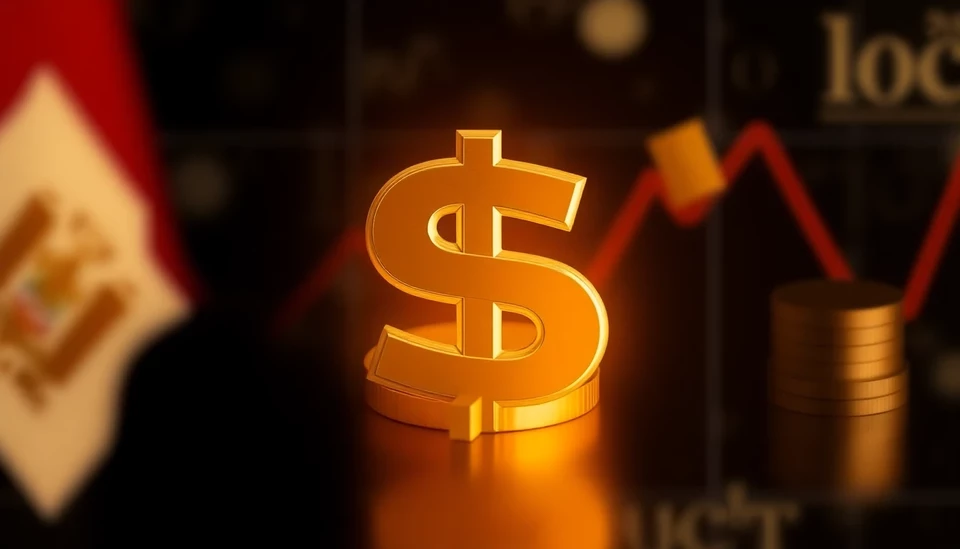
In a surprising turn of events, Egypt's inflation rate has accelerated, yet analysts suggest there may still be room for potential interest rate cuts in the near future. This development comes amidst a backdrop of ongoing economic challenges that have afflicted the North African nation.
Recent data released by the Central Agency for Public Mobilization and Statistics (CAPMAS) reveals that Egypt’s annual inflation surged to 33.8% in March 2025, a noticeable increase from 31.8% in February. This rise marks the highest inflation level recorded since July 2017. The primary driver of this inflation has been attributed to the soaring prices of essential food items, which have skyrocketed by more than 20% over the past month alone.
Despite the upward trend in inflation, economists remain cautiously optimistic. Some analysts argue that the inflationary momentum could actually pave the way for the Central Bank of Egypt (CBE) to consider reducing interest rates, especially if they assess that the current economic climate necessitates a stimulus to bolster growth. The ongoing pressures on household incomes and spending power have raised concerns among consumers, prompting discussions around the appropriate measures to mitigate these effects.
The monetary authority is faced with a dual challenge: keeping inflation in check while also stimulating economic activity. Experts predict that the CBE may adopt a more flexible approach to its monetary policy, balancing the need to control inflation with supporting economic growth. This outlook comes as Egypt continues to navigate through a challenging economic landscape characterized by global supply chain issues and fluctuating commodity prices.
Central Bank Governor Tarek Amer, noted for his pragmatic approach to monetary policy, hinted at the possibility of reassessing interest rates based on upcoming economic data. The next monetary policy meeting, scheduled within a month, could potentially be pivotal in charting the course for Egypt's economic recovery.
As the inflation scenario continues to unfold, stakeholders across various sectors are monitoring the situation closely. The impact on businesses, from local markets to larger enterprises, may hinge on the CBE's forthcoming decisions regarding interest rates, which can directly influence lending practices and investment strategies.
As Egypt seeks paths to stabilize its economy, the interplay between inflation rates and monetary policy will be critical. Many will be looking for any signals out of the Central Bank during their upcoming deliberations, which could suggest a shift in monetary policy aimed at addressing both inflation and economic stagnation.
To summarize, while the immediate outlook remains challenging with rising inflation, there are indications that the Central Bank may have the tools necessary to foster an environment conducive to growth, possibly through lowering interest rates. The next few weeks will be vital for understanding how Egypt's economic strategy will evolve in response to these pressures.
As the economic landscape continues to shift, stakeholders and observers alike remain alert to the international factors that impact Egypt's economy, as well as domestic trends that shape consumer behavior and corporate practices.
In conclusion, the blending of rising inflation and a potential shift in monetary policy sets the stage for a critical juncture in Egypt's economy. Observers await the CBE's next moves with bated breath, as the implications of these decisions could resonate throughout the region.
#EgyptEconomy #Inflation #InterestRates #MonetaryPolicy #CentralBank #EconomicGrowth #TarekAmer #FinancialNews
Author: Laura Mitchell



